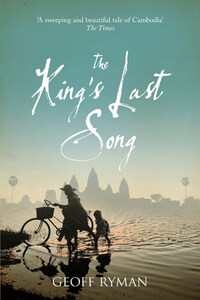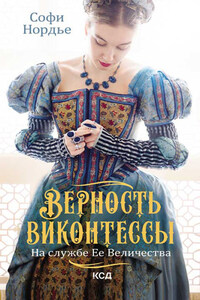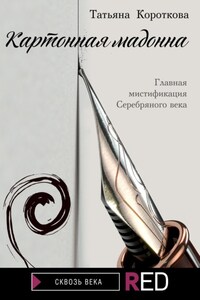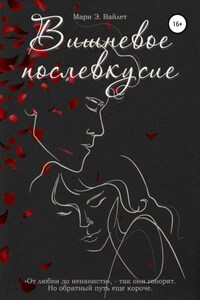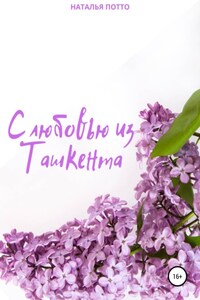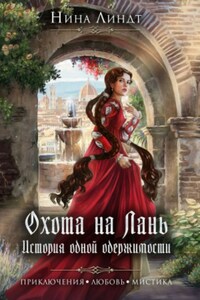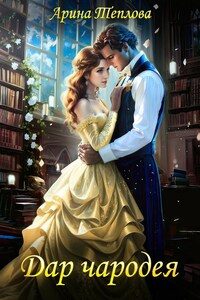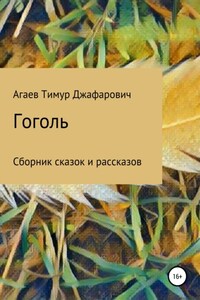You could very easily meet William.
Maybe you’ve just got off the boat from Phnom Penh and nobody from your hotel is there to meet you. It’s miles from the dock to Siem Reap.
William strides up and pretends to be the free driver to your hotel. Not only that but he organizes a second motorbike to wobble its way round the ruts with your suitcases.
Many Cambodians would try to take you to their brother’s guesthouse instead. William not only gets you to the right hotel, but just as though he really does work for it, he charges you nothing.
He also points out that you might need someone to drive you to the baray reservoir or to the monuments. When you step back out into the street after your shower, he’s waiting for you, big for a Cambodian, looking happy and friendly.
During the trip, William buys fruit and offers you some, relying on your goodness to pay him back. When you do, he looks not only pleased, but also justified. He has been right to trust you.
If you ask him what his real name is in Cambodian, he might sound urgent and threatened. He doesn’t want you to think he has not told the truth. Out comes the identity card: Ly William.
He’ll tell you the story. His family were killed during the Pol Pot era. His aunty plucked him out of his mother’s arms. He has never been told more than that. His uncle and aunt do not want to distress him. His uncle re-named him after a kindly English aid worker in a Thai camp. His personal name really is William. He almost can’t pronounce it.
William starts to ask you questions, about everything you know. Some of the questions are odd. Is Israel in Europe? Who was Henry Kissinger? What is the relationship between people in England and people in America?
Then he asks if you know what artificial aperture radar is.
‘Are you a student?’ you might ask.
William can’t go to university. His family backed the wrong faction in the civil war. The high school diplomas given by his side in their border schools are not recognized in Cambodia.
William might tell you he lived a year in Phnom Penh, just so that he could talk to students at the Royal University, to find out what they had learned, what they read. You may have an image of him in your mind, shut out, desperate to learn, sitting on the lawn.
‘My uncle want to be monk,’ he says. ‘My uncle say to me, you suffer now because you lead bad life in the past. You work now and earn better life. My uncle does not want me to be unhappy.’
This is how William lives.
He sleeps in his uncle’s house. It’s on stilts, built of spare timber. His eldest cousin goes to bed late in a hammock under the house, and the candle he carries sends rays of light fanning up through the floorboards. The floorboards don’t meet so that crumbs can be swept through them.
There is a ladder down to the ground. There are outbuildings and sheds in which even poorer relatives sleep. There is a flowerbed, out of which sprouts the spirit house, a tiny dwelling for the animistic spirit of the place.
William and two male cousins sleep on one mattress in a room that is partitioned from the others with plywood and hanging clothes.
William is always the first awake.
He lies in the dark for a few moments listening to the roosters crow. The cries cascade across the whole floodplain, all the way to the mountains, marking how densely populated the landscape is. William is himself in those moments. At every other time of the day he is working.
William looks at the moon through the open shutters. The moonlight on the mosquito net breaks apart into a silver arch. This is his favourite moment; he uses it to think of nothing at all, but just to look.
Then he rolls to his feet.
The house is a clock. Its shivering tells people who has got up and who will be next.
One of his cousins turns over. In the main room, William steps over the girls asleep in a row on the floor. He swings down the ladder into his waiting flip-flops and pads to the kitchen shed. Embers glow in moulded rings that are part of the concrete table-top. William leans over, blows on the fire, feeds it twigs, and then goes outside to the water pump.
Candles move silently through the trees, people going to check their palm-wine stills or to relieve themselves. A motorcycle putters past; William says hi. He boils water and studies by candlelight.
